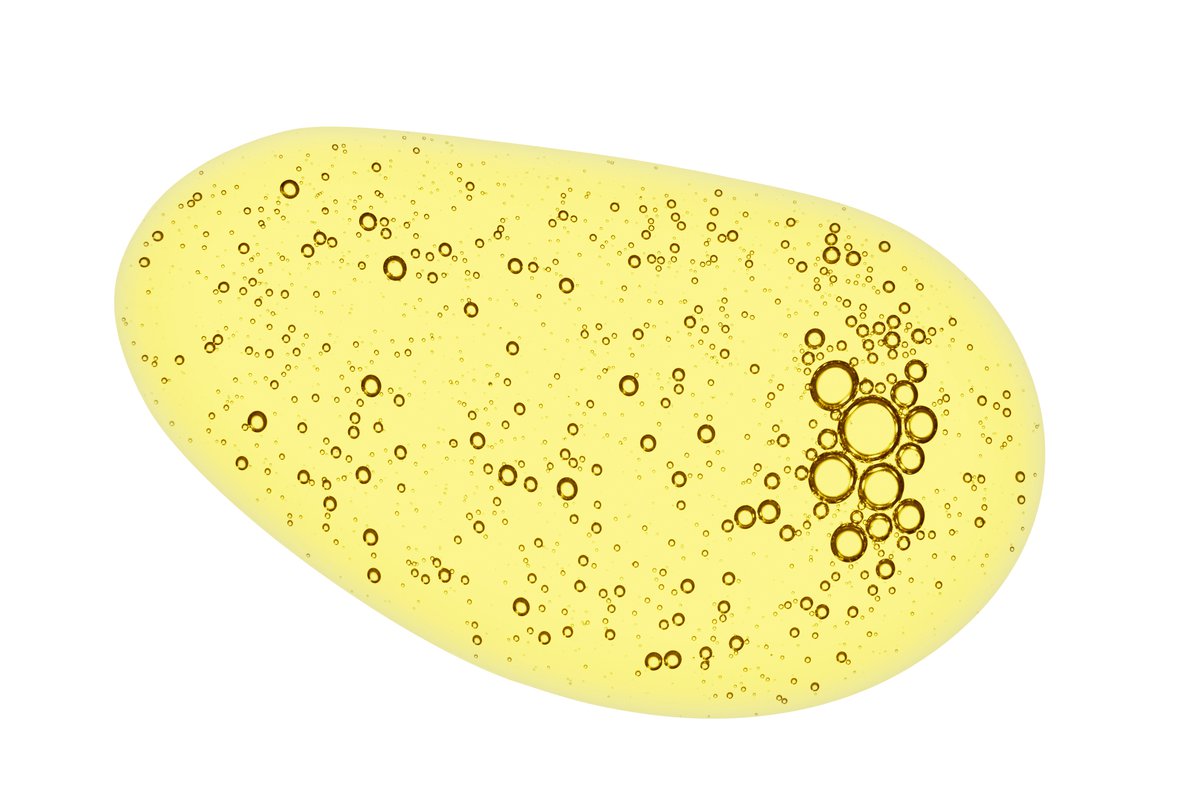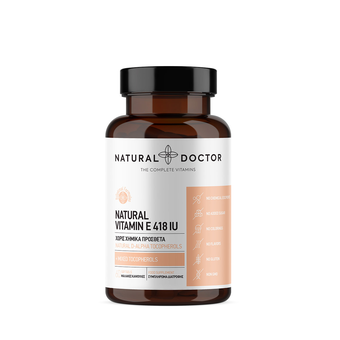Vitamin E: derived from petroleum or natural?

Natural tocopherols and tocotrienols are forms of vitamin E, a group of fat-soluble antioxidants with diverse health benefits. Here's a look at the benefits of both natural tocopherols and tocotrienols.
Powerful Antioxidant Activity
Both tocopherols and tocotrienols exhibit potent antioxidant properties, neutralizing harmful free radicals and protect cells from oxidative damage. This antioxidant activity can help reduce the risk of chronic diseases, slow aging, and support overall health and well-being.
Heart Health
Tocopherols and tocotrienols have been studied for their potential cardiovascular benefits. They can help towards a better blood vessel function, reduce inflammation, and restrain the oxidation of LDL cholesterol, which is a vital factor in the development of atherosclerosis and heart disease.
Regular consumption of natural tocopherols and tocotrienols boosts heart health and lowers the risk of cardiovascular events.
Brain Health
Vitamin E, including tocopherols and tocotrienols, plays a significant part in brain health and cognitive function.
Antioxidants protect brain cells to deteriorate and reduce inflammation linked with neurodegenerative diseases such as Alzheimer's and Parkinson's. Some studies suggest that tocotrienols have neuroprotective effects and support cognitive function.
Skin Health
Vitamin E is well-known for its benefits for skin health. Tocopherols and tocotrienols help to nourish and hydrate the skin, protect it from damage due to environmental factors, and reduce signs of aging, such as wrinkles and fine lines.
They also have anti-inflammatory properties that help soothe irritated or inflamed skin conditions.
Immune Support
Vitamin E is also very important for maintaining a healthy immune system. Tocopherols and tocotrienols play a role in supporting immune function by improving the activity of immune cells and reducing inflammation.
They help immune cells from oxidative damage, allowing them to better function in guarding the body against infections and diseases.
Eye Health
Tocopherols and tocotrienols may benefit eye health by protecting against oxidative damage and inflammation in the retina.
According to studies, vitamin E supplementation may support reducing the risk of age-related macular degeneration (AMD), which is a leading cause of vision loss in older adults.
Metabolic Health
Some research suggests that tocotrienols, in particular, may have metabolic benefits because they improve insulin sensitivity, reduce cholesterol levels, and support a healthy blood sugar metabolism. These effects may help reduce the risk of diabetes and metabolic syndrome.
Natural or Petroleum derived vitamin E
Natural and petroleum-derived vitamin E refers to two different sources of the nutrient, each with its characteristics and implications for health and wellness:
Natural Vitamin E
Natural vitamin E, or d-alpha-tocopherol, is derived from plant sources such as vegetable oils, seeds, nuts, and green leafy vegetables.
The natural form of vitamin E is more bioavailable and biologically active than the synthetic forms. It consists primarily of d-alpha-tocopherol, the most potent and beneficial vitamin E for human health.
Natural vitamin E contains eight different compounds, four tocopherols (alpha, beta, gamma, delta) and four tocotrienols (alpha, beta, gamma, delta). These compounds have varying antioxidant activity and may offer unique health benefits.
Studies have shown that natural vitamin E has superior antioxidant properties to synthetic forms, making it more effective in protecting cells from oxidative damage and supporting overall health and wellness.
Natural vitamin E is often preferred for supplementation, fortifying foods, and dietary supplements due to its higher potency and bioavailability.
Petroleum-Derived Vitamin E
Petroleum-derived vitamin E, synthetic vitamin E or dl-alpha-tocopherol, is produced from petroleum-based precursors through chemical synthesis.
Synthetic vitamin E consists primarily of dl-alpha-tocopherol, a mixture of eight stereoisomers. However, only one of these stereoisomers, d-alpha-tocopherol, is biologically active and beneficial for human health.
Synthetic vitamin E is less bioavailable and less biologically active than natural vitamin E. Studies have shown that it is excreted more rapidly and may be less effective in delivering antioxidant protection to cells.
Due to its lower potency and efficacy, synthetic vitamin E is often used in lower-cost dietary supplements and fortified foods as a less expensive alternative to natural vitamin E.
Some research suggests that synthetic vitamin E may not provide the same health benefits as natural vitamin E and may even have adverse effects in high doses.
In summary, natural vitamin E derived from plant sources is preferred for supplementation and fortification due to its higher potency, bioavailability, and superior antioxidant properties.
On the other hand, Petroleum-derived vitamin E is a synthetic form that is less biologically active and may be less effective in delivering health benefits. Choosing natural vitamin E whenever possible is essential to ensure optimal health outcomes.
Overall, natural tocopherols and tocotrienols offer a wide range of health benefits, including antioxidant protection, heart health support, brain health support, skin health benefits, immune support, eye health benefits, and metabolic health benefits.
Incorporating vitamin E-rich foods or supplements into your diet can help you reap the many benefits of these essential nutrients.



